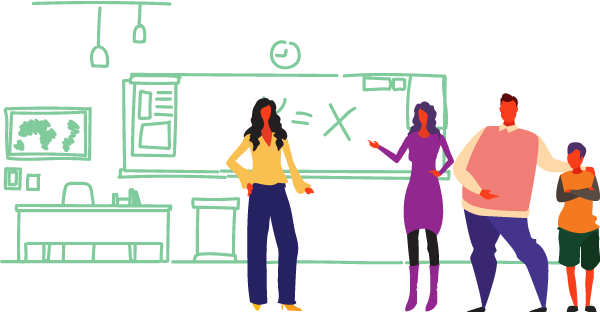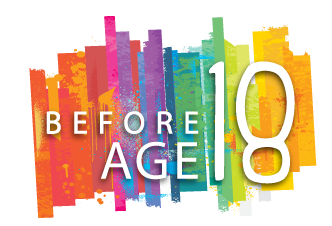Transition Planning - Age 13
School / Education
Work Skills / Employment
This is a great age to begin to talk about the benefits of working and to help your child think about ways they can help and earn money. Begin by talking about their interests and look for opportunities to volunteer with a family or youth group.
At thirteen years old, children can start working outside their homes. Some jobs, like those in businesses or schools, require a work permit. However, no permit is needed for jobs like delivering newspapers, babysitting, or cleaning in a home. There are some special rules around jobs in agriculture, golf courses, and domestic work.
Resource: Wisconsin Employment of Minors GuideHealth
Now is a good time to have your child prepare for an active role in their health care. Talk about daily medications. Explain what each medication does, what they look like, and when they’re taken. Use visual schedules and other tools. Work together before appointments to think of things they may want to ask the doctor. This will help them gain confidence in communicating with medical professionals and will often mean the doctor gets a fuller picture of your child’s health.
Be sure to check that any new medical providers accept your insurance and/or Wisconsin Medicaid. Also, check with your pharmacy and medical supply or adaptive equipment companies to learn about coverage changes that may occur at age 18.
Resource: Health Care Transition Videos
Long-Term Care Services and Medicaid Eligibility
Social Security / Disability Determination
You don’t need to wait until your child is 18 for them to get Social Security’s Supplemental Security Income (SSI).
Children under age 18 can get SSI if they meet Social Security's definition of disability for children and there is limited income and resources in the household.
Social Security says having a disability means:
- Your child has a physical or mental condition(s) that very seriously limits their activities.
- The condition(s) must have lasted, or be expected to last, at least one year or result in death.
Community and Living Arrangement
As your child grows into adulthood, community connections and interests play a bigger role in their life. Help your child identify the community connections they value and help them recognize their unique interests that might be different from you or the rest of the family.
Look into teams or groups that align with your teen's interests and support their efforts to try new things when possible. Pay special attention to opportunities for them to participate without parents present.

Resources
Here are some more resources to help you with transition planning!
- Family Action Steps - Age 10 to 13
- Family Advocacy Training
- Health Care Transition Videos
- Find a Work Incentive Benefits Specialist
- Wisconsin Transition Resource Guide (pdf)
- Family Voices Resources - Transition into Adult Life
We hope you find this information helpful and come back to the Before Age 18 website as your child gets older to learn more transition planning tips.
